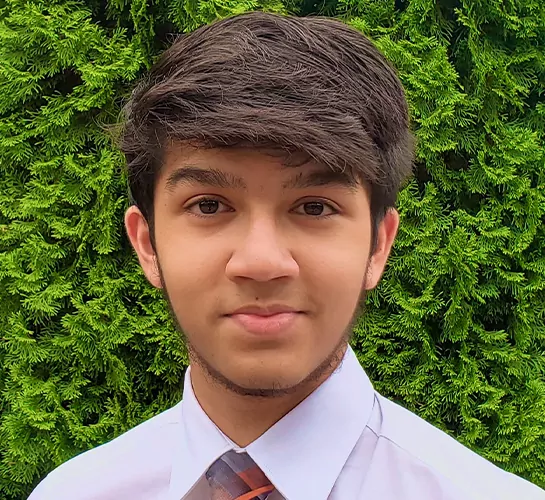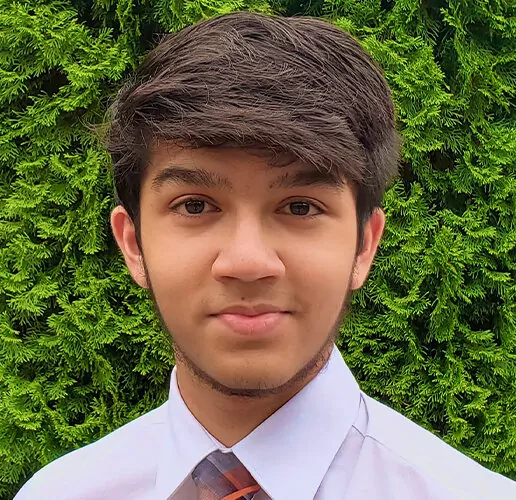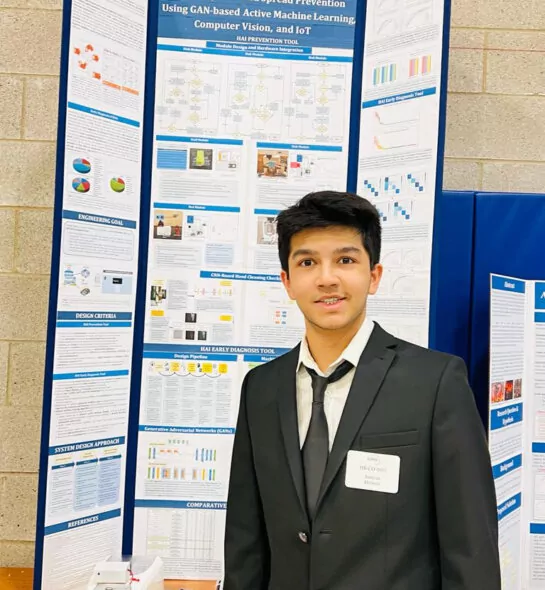Deeper Dive
According to the World Health Organization (WHO), hospital-acquired infections (HAIs) account for an estimated 99,000 deaths and 1.7 million cases in the United States. The main reason for the spread of these infections is poor staff hand hygiene compliance. WHO has stipulated strict hand hygiene guidelines to be followed in hospitals to reduce the rates of HAIs. However, currently, hospitals have no effective tools to track and enforce staff hand hygiene compliance which is a major problem. Furthermore, HAIs fall into three main categories: central line-associated bloodstream infections (CLABSI), catheter-associated urinary tract infections (CAUTI), and ventilator-associated pneumonia (VAP). These infections have extremely high morbidity worldwide, with an estimated overall crude mortality rate of 30%. Early diagnosis and initiation of care are key to successful treatment, but currently, the pathogens for these infections are only identifiable in blood culture which is a time-consuming process. This results in delays in dispensing antibiotics to patients and increases the risk of their death. CareHAI is a novel, automated, and scalable system for hand hygiene compliance monitoring in healthcare facilities and early diagnosis of HAIs. It addresses these problems through an HAI Prevention Tool and an HAI Early Diagnosis Tool. The HAI Prevention Tool is a smart AI-powered IoT tool that tracks and enforces staff hand hygiene compliance throughout hospitals to prevent the spread of HAIs. The HAI Early Diagnosis Tool is a novel machine learning-based software that utilizes an input of dynamic patient clinical test data and previous patient medical history for efficient and accurate early diagnosis of CLABSI, CAUTI, and VAP onset. By addressing both prevention and early detection, CareHAI aims to revolutionize infection control in healthcare settings, reduce mortality rates, and improve patient care.
I was motivated to develop CareHAI after personal experience with HAIs during a trip to India. My mother fell seriously ill with bloodline infection, witnessing her suffering and the subsequent challenges in her treatment sparked my determination to find a solution to this widespread problem.
One of the biggest hurdles I encountered during this project was in creating the modules for the HAI Prevention Tool. Each module needed to perform a specific set of hand hygiene checks, and this required careful consideration in designing each module with right hardware components, calibrating each sensor for desired behavior, and developing optimal software algorithms. It took hours of testing and debugging to ensure that each module was performing as expected. Another major challenge I faced was figuring out how to ensure that staff were not just cleaning hands but also cleaning their hands properly by following all the recommended WHO hand rub/wash process hand motions. To tackle this issue, I designed a hybrid CNN architecture that analyzed images captured by the Sink and Rub module cameras to accurately identify the completion of different WHO hand-cleaning motions. This required a great deal of hyperparameter optimization and model tuning. Lastly, developing the HAI Early Diagnosis Tool was also a significant challenge. With 12,000+ variables in the initial patient dataset, I had to narrow down to the 26 most important variables with high correlation scores with the diagnosis output to ensure maximum accuracy in the machine learning models. This involved using a combination of feature selection algorithms, such as Principal Component Analysis (PCA) and ExtraTreesClassifier, to reduce the dimensions of the dataset and identify the most important variables for early HAI diagnosis. Despite the challenges, developing CareHAI has been an incredibly fulfilling experience. As hospital-acquired infections continue to be a significant problem worldwide, I hope that CareHAI can make a meaningful impact in reducing their prevalence and saving lives.
CareHAI represents a significant contribution to the current and future world of computer science, specifically in the field of healthcare. The integration of AI in this system has the potential to revolutionize the way we approach HAI diagnosis. The use of AI in this system allows for real-time monitoring of patients' clinical variables, enabling early detection of infections and rapid initiation of treatment. This is a major departure from traditional methods, which rely on time consuming and often ineffective patient blood culture analyses. This research is also particularly important in the current world suffering from infectious diseases like COVID-19, where hand hygiene has become a critical measure to prevent the spread of disease. The project allows for real-time monitoring and enforcement of hand hygiene compliance, which can help to keep patients and staff safe. It not only addresses the critical issue of hospital-acquired infections but also highlights how we can leverage AI to solve some of the toughest problems in healthcare. By reducing the incidence of HAIs in hospitals, CareHAI can save countless lives and reduce the overall cost of healthcare. Its implementation in hospitals around the world has the potential to revolutionize the way we prevent and diagnose HAIs.



